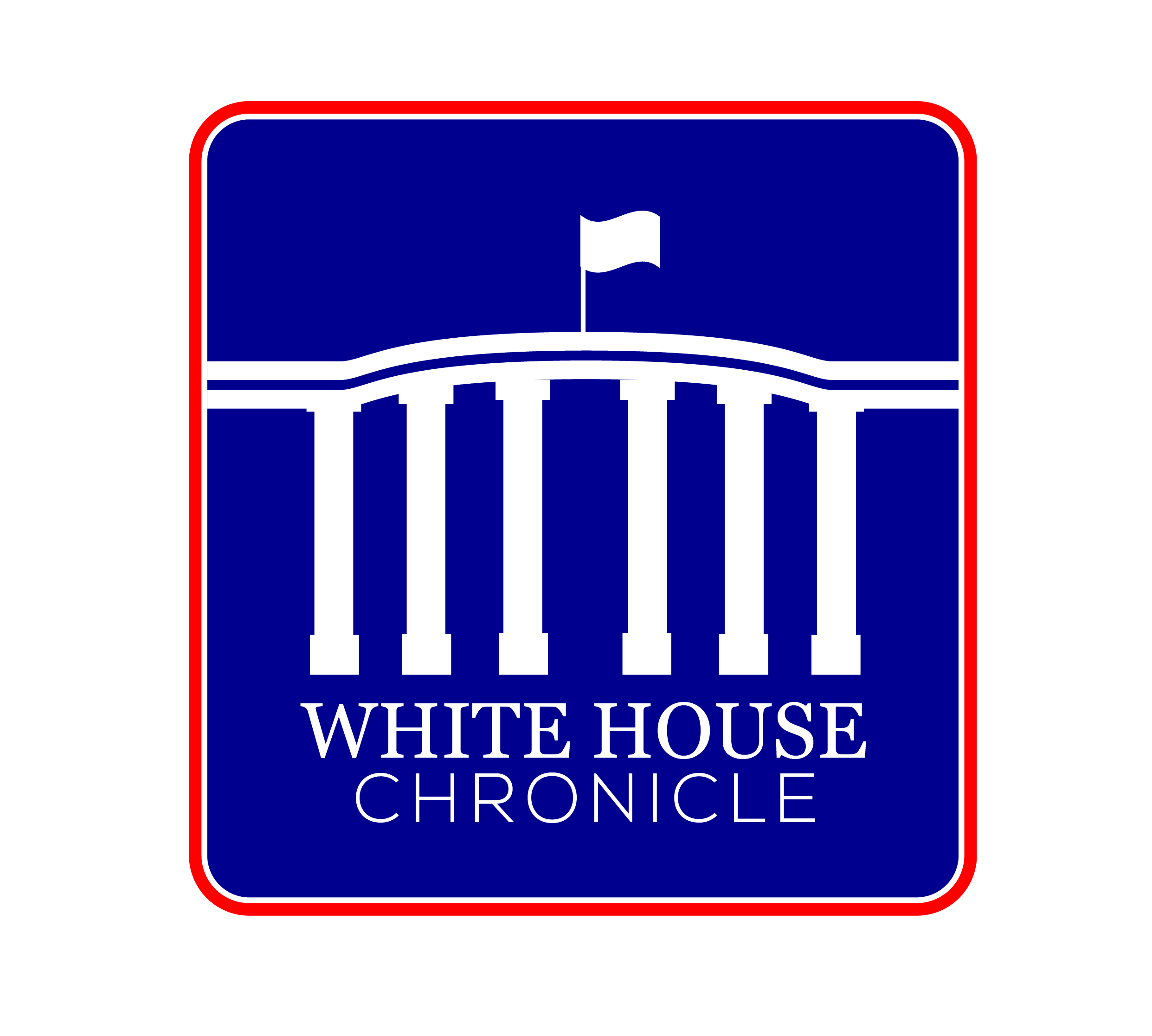There’s a bear in our backyard. He’s often there and just two days ago he walked, well, lumbered down the road in front of our house, turned up the driveway, and unhurriedly disappeared into some woods behind the house.
It was alarming to see the bear in the road. Foxes and deer are killed there with great frequency by cars. I want the bear to be safe, so my wife and I wondered who in the government we should call. There must be a program for bears who are penetrating built-up areas (we live only 45 miles from Washington, D.C.)
We haven’t yet called the government. Which one, federal, state or county? Which department? Agriculture, animal welfare, forestry, land conservation, or just our congressman and let him worry about the electoral dynamics of saving bears? There may be enough people worried about bears becoming roadkill that there are votes in it.
The main thing is that somewhere in the enormous apparatus of government, I know there is someone who worries about errant bears. In this case, I’m glad that we have big government so that when I decide who to call, someone will tell me what to do about my ursine neighbor.
But there’s the rub also. What’s the role of government in society and how much should it do, or how much should we expect it to do? You’d think this had been hammered out in the seminal events of the 18th century.
If we’re going to have a national conversation about anything, let’s have it about the role of government. What’s proper for government to shoulder and what should be done in the private sector?
The ongoing debate about health care highlights the clear divisions in the country about the responsibilities of government. Liberals, it seems to me, want the government in there, offering its own insurance. Conservatives want the government out, but they want it to do a few things on the way through the door such as forcing private insurers to take patients with pre-existing conditions, assuring greater portability and granting relief to small employers.
Liberals and conservatives alike say they want less government, but they have very different ideas about what that reduced government should do; so the government, under both Republicans and Democrats, grows.
Liberals think that too much of our national treasure goes into weapons systems, defensive and aggressive. Conservatives think that the government can’t get anything right and should largely be supplanted by the private sector.
Here are some big things that could be privatized, although whether they would be better is unknown: air traffic control, the Tennessee Valley Authority, the postal service, the administration of the national parks and the Government Printing Office. Government should be prohibited from competing with the private sector in small things like publishing periodicals and books, and organizing conferences.
But does anyone think that the National Institutes of Health should be handed over to the pharmaceutical industry?
Or consider these problems which, somewhere one hopes, the government is working on: the effects of rising sea levels; the over-fishing of the oceans; the notorious Panama disease, which is wiping out bananas; the mysterious and massive death of U.S. honeybees; and the proliferation of feral pythons, which are endangering cats, dogs and possibly people in Florida and soon across the South.
Without government research, we wouldn’t have the Internet, Velcro, the aeroderivitive turbine, or the cute little winglets on jet airplanes which make them less lethal to other jet airplanes. If, like the Europeans, we decided the government should get behind the arts, we’d have many opera companies to rival the New York Met and provincial theater would boom.
I’m ambivalent about health care reform because I’m on Medicare and I think it’s dandy; but I wish my wife’s insurance wasn’t so expensive. Right now, I’d like someone in the government–someone with real clout–to do something to keep the bear in my backyard from becoming roadkill. Will he join the sad roster of bears, deer and foxes that became roadkill because the government didn’t care? I tell you it would be different if bears voted. — For Hearst-New York Times Syndicate









